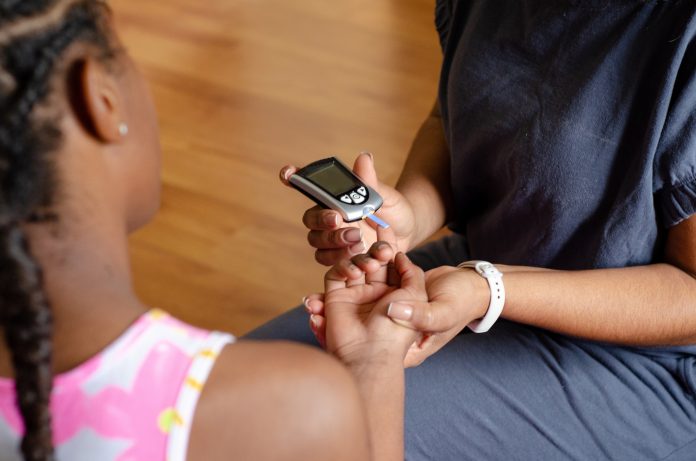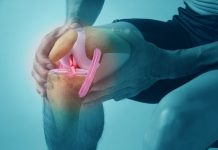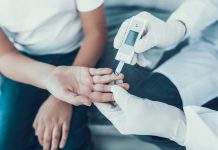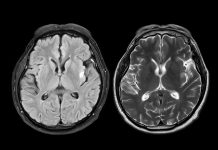Researchers in Portugal look at the critical gaps in knowledge against type 2 diabetes (T2D) patients, potentially impacting their long-term health outcomes
Published in Frontiers in Public Health, the study aimed to assess the level of understanding regarding the day-to-day management of Type 2 diabetes among insulin-treated and non-insulin-treated patients.
Gaps in patients’ knowledge
Lead author Prof Pedro Lopes Ferreira, director of the Center for Health Studies and Research at the University of Coimbra, emphasised the importance of addressing differences in Type 2 diabetic patients’ knowledge.
“Our main motivation was to contribute to the reduction of the existing disparity in the knowledge that diabetic patients have regarding their disease,” Prof Ferreira stated. “With this study we evidenced the need to improve the disease knowledge of type 2 diabetic patients.”
The study involved 1,200 participants with diabetes, nearly 40% of which were insulin-treated. They underwent specific diets, some taking non-insulin oral antidiabetic medications, while others relied solely on dietary management.
How well do people with diabetes know how to treat diabetes?
Findings revealed mixed results. While most participants demonstrated good knowledge in areas such as nutrition (71.3%), the positive impact of physical activity, and blood sugar monitoring methods, significant gaps were identified in other crucial aspects.
For instance, only 12.8% of participants knew which food should not be used to treat low blood sugar levels. The lowest percentage (4.4%) of correct responses was observed regarding the symptoms of ketoacidosis, a severe and potentially life-threatening complication of late-stage T2D.
Prof Ferreira put the lack of knowledge down to the practices of health professionals and the prioritisation of certain areas when informing patients. However, the study also found that medication use, socioeconomic status, education level, living arrangements, and commitment to specific diets significantly impacted patients’ disease knowledge.
Improving disease management
Addressing these knowledge gaps is important in improving disease management. The researchers emphasised the urgency of providing comprehensive education, particularly in blood sugar monitoring, to avoid adverse outcomes.
The researchers underscored the need for further studies with larger sample sizes better to understand the disease’s socioeconomic and clinical determinants.
“We focused on patients’ own knowledge of their disease rather than disease management being based solely on biological indicators. We hope that the results obtained will allow professionals to change the way they inform patients,” Lopes Ferreira concluded.
By equipping patients with the necessary knowledge and tools, they can understand better disease management and improve the quality of life.








